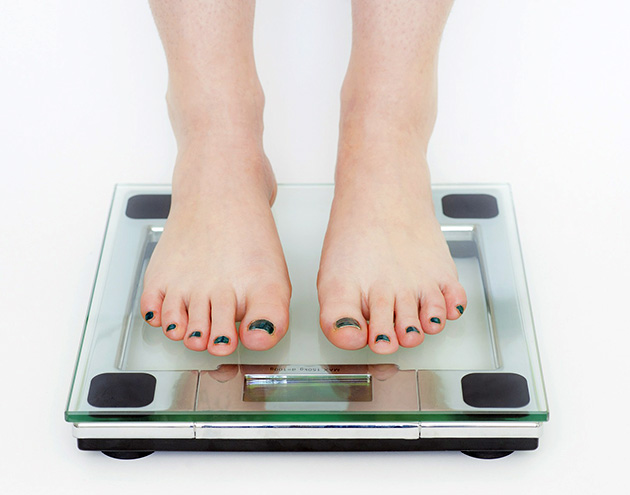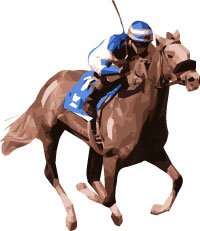Body weight (or mass) is commonly measured in fitness testing sessions. Measuring body weight in sports is important for assessing body composition and for monitoring changes in weight following diet and exercise.
purpose: measuring body mass can be valuable for monitoring body fat or muscle mass changes, or for monitoring hydration level.
equipment required: Scales, which should be calibrated for accuracy using weights authenticated by a government department of weights and measures.
pre-test: Check and calibrate the equipment if required. See more details of pre-test procedures.
procedure: the person stands with minimal movement with hands by their side. Shoes and excess clothing should be removed.
reliability: To improve reliability, weigh routinely in the morning (12 hours since eating). Body weight can be affected by fluid in the bladder (weigh after voiding the bladder). Other factors to consider are the amount of food recently eaten, hydration level, the amount of waste recently expelled from the body, recent exercise and clothing. If you are monitoring changes in body mass, try and weigh at the same time of day, under the same conditions, and preferably with no clothes on. Always compare using the same set of scales.
 bodyweight scale
bodyweight scaleadvantages: quick and easy measurement when testing large groups, with minimal costs.
other comments: measuring weight can be used as a measure of changes in body fat, but as it does not take into account changes in lean body mass it is better to use other methods of body composition measurement.
Similar Tests
Related Pages
- Records for the heaviest and lightest humans
- Other Anthropometric Tests
- About body size testing
- Listing of body weight scales in the online store.
- Videos of Anthropometric Tests


 Current Events
Current Events